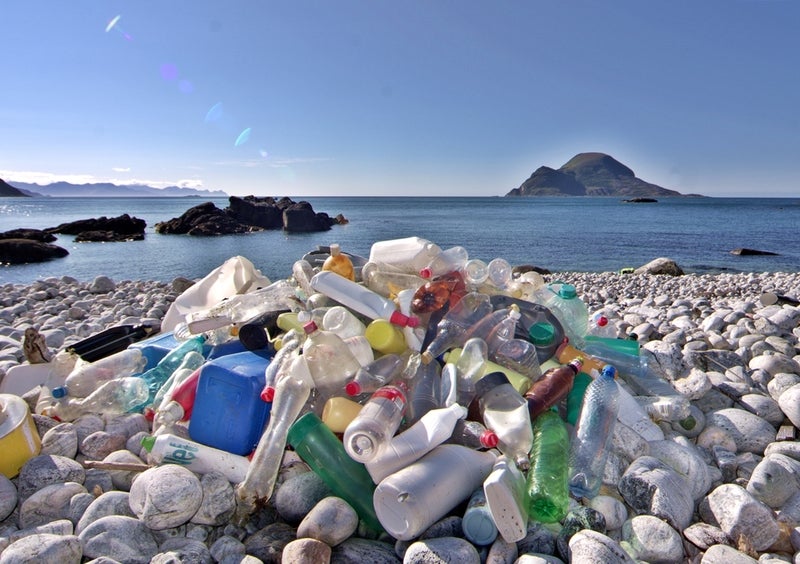
Japanese beverage company Suntory Group has developed a prototype polyethylene terephthalate (PET) bottle made entirely from plant-based materials.
The prototype was developed using a plant-based paraxylene derived from wood chips, which had been supplied by US-based sustainable technology company Anellotech.
The paraxylene was converted to plant-based terephthalic acid (PTA) and combined with pre-existing plant-based monoethylene glycol (MEG) from molasses to make the bottle prototype.
In a statement, Suntory Group said it plans to use the bottle for its Orangina brand in Europe and its Suntory Tennensui bottled mineral water brand in Japan.
Suntory MONOZUKURI Expert executive officer Tsunehiko Yokoi said: “We’re delighted with this achievement, as it brings us one step closer to delivering this sustainable PET bottle into the hands of our consumers.
“The significance of this technology is that the PTA is produced from non-food biomass to avoid competition with the food chain while MEG is also derived from non-food grade feedstock.”
How well do you really know your competitors?
Access the most comprehensive Company Profiles on the market, powered by GlobalData. Save hours of research. Gain competitive edge.

Thank you!
Your download email will arrive shortly
Not ready to buy yet? Download a free sample
We are confident about the unique quality of our Company Profiles. However, we want you to make the most beneficial decision for your business, so we offer a free sample that you can download by submitting the below form
By GlobalDataThe production of the plant-based bottle prototype is expected to reduce carbon emissions ‘significantly’ compared with that of petroleum-derived virgin bottles.
Anellotech president and CEO David Sudolsky said: “This achievement is the result of more than ten years of thorough and painstaking development work by Anellotech’s dedicated employees, together with Suntory and other partners.
“The competitive advantage of Anellotech’s Bio-TCat generated paraxylene is its process efficiency, as well as the opportunity it creates for a significant reduction in greenhouse gas emissions as compared to its identical fossil-derived paraxylene in the manufacture of PET, especially as it generates required process energy from the biomass feedstock itself.”
Suntory aims to completely switch to fully sustainable PET bottles worldwide by 2030, eliminating its use of petroleum-derived virgin PET bottles.
In 2019, the company joined the Global Plastic Action Partnership (GPAP).



